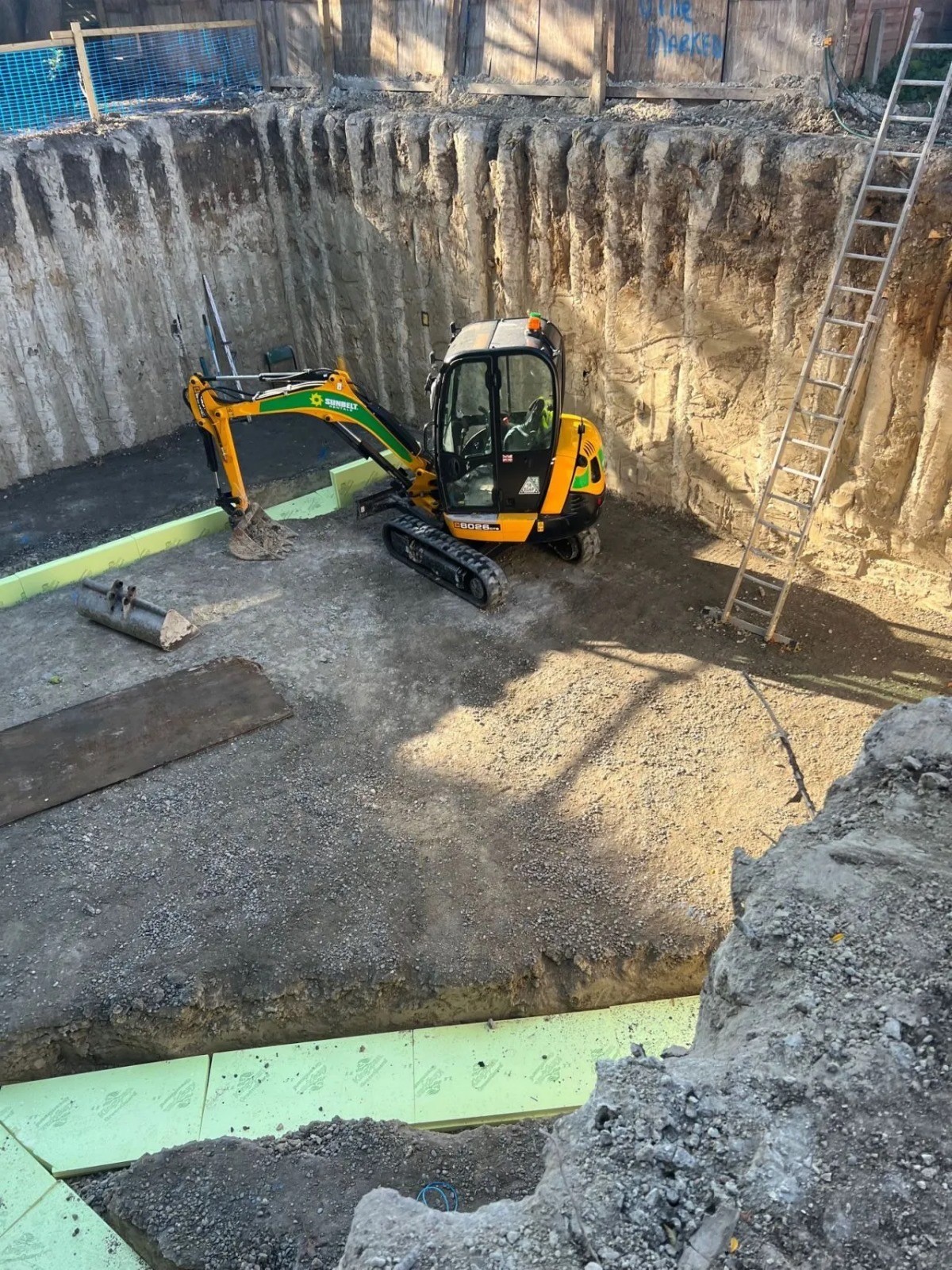Understanding Soil Structure Surveys
May 28, 2022

Understanding Soil Structure Surveys
A Soil Structure Survey also referred to as a Soil Investigation, Geotechnical Survey, or Site Investigation is an examination carried out to gain an understanding of the soil properties and characteristics in a location before commencing any construction project. This critical investigation offers insights, into the composition, stability, and other essential attributes of the soil.
Why Conduct a Soil Structure Survey?
Determining Soil Type; The type of soil plays a role in determining its load-bearing capacity, which directly impacts the design and structure of the foundation.
Identifying Potential Hazards; The survey helps identify issues such as soil instability, contamination or the presence of water tables that could potentially affect construction.
Planning for Construction; The information gathered from the survey aids in planning aspects of construction processes like selecting machinery or determining if any soil improvement methods are necessary.
Compliance with Regulations; In regions conducting a soil structure survey is mandatory to adhere to building codes and regulations.
What Does a Soil Structure Survey Involve?
A typical soil structure survey may include;
Desk Study; This initial step involves examining existing data and records, about the site and its surrounding area.
Site Inspection; This involves examining the site to identify any issues and determine optimal locations, for conducting detailed soil testing.
In depth Investigation; This step entails extracting soil samples using drilling or digging techniques, which are then sent to a laboratory for analysis. The analysis aims to understand the chemical properties of the samples.
Results and Reporting; The findings from the analysis are compiled into a report that provides insights into the composition, stability and other characteristics of the soil.
Importance in Construction; A soil structure survey plays a role in the building process as it provides data for designing safe and durable structures. It helps mitigate risks ultimately leading to a more predictable and efficient construction process.
Please note that this is an overview as specific methods and requirements for conducting a soil structure survey may vary depending on regulations, project size, site conditions, etc. Always seek guidance, from qualified geotechnical engineers or similar professionals when carrying out such surveys.